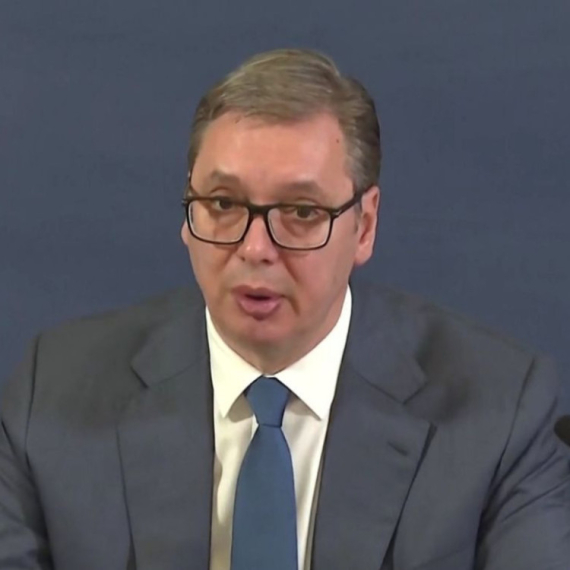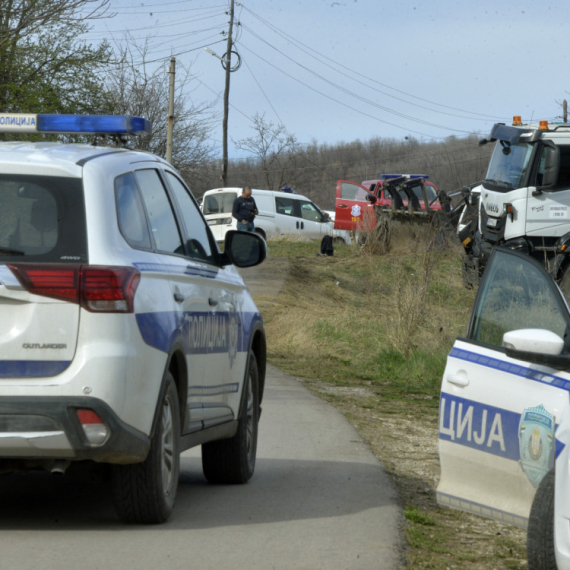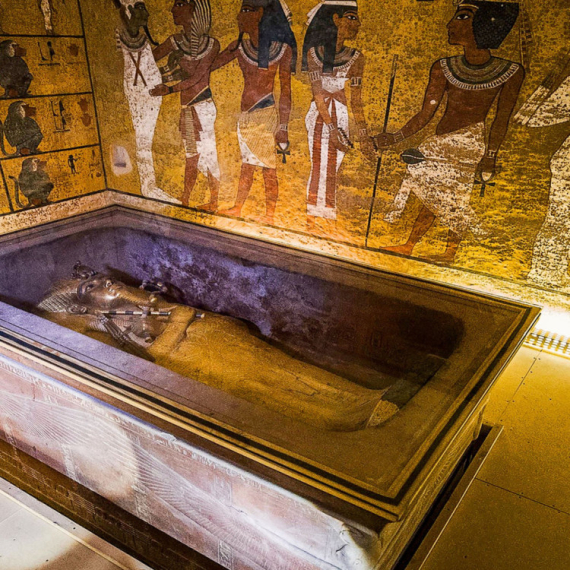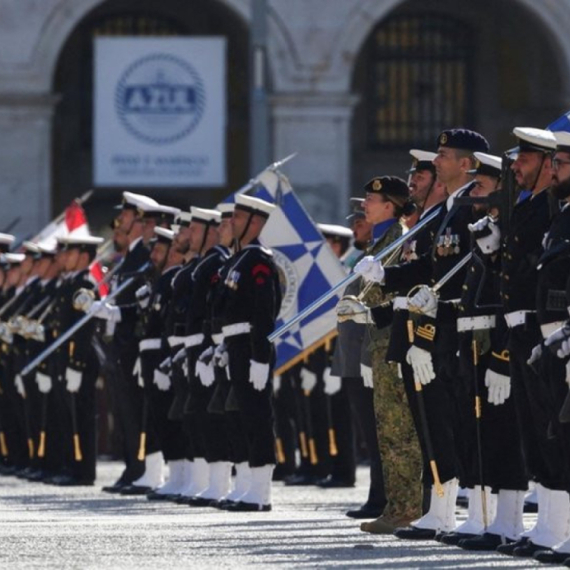Dayton Accords: 12th anniversary today
12 years ago today, at Wright Patterson Airbase in Dayton, U.S., the Dayton Accords were signed, ending the Bosnian war.
Wednesday, 21.11.2007.
15:26

12 years ago today, at Wright Patterson Airbase in Dayton, U.S., the Dayton Accords were signed, ending the Bosnian war. All of the document's signatories - Serbia's Slobodan Milosevic, Bosnia's Alija Izetbegovic, and Croatia's Franjo Tudjman - have passed away in the meantime, and ever since that day, November 21, 1995, the Dayton Accords have been the subject of contradictory interpretations, and their implementation has encountered numerous obstacles. Dayton Accords: 12th anniversary today Bosnia-Hercegovina celebrates the treaty’s 12th anniversary, experiencing possibly its deepest political crisis since the end of the war. In the Republic of Srpska (RS) the anniversary is celebrated as a public holiday. In Banja Luka, a new RS government building will officially be opened. A Serbian government delegation led by Prime Minister Vojislav Kostunica and accompanied by Trade and Services Minister Predrag Bubalo and Minister Without Portfolio Dragan Djilas will attend the ceremony. Meanwhile, there is no great desire in Bosnia to mark the anniversary of the Accords. The document has been subject to conflicting interpretations, from Bosnian politicians and the international community alike. Political parties’ opinions on the nature of the treaty are divided. “For those who view Bosnia-Hercegovina as home, the Accords require important amendments, although they have by their very nature enormous significance in terms of the country’s historical continuity,” says the Bosniak representative to the Bosnian Presidency and a participant at the Dayton talks, Haris Silajdzic. However, Serb officials equate the Accords’ significance in terms of being the document that led to the creation of the RS as a political entity, whose existence is guaranteed both by Serbia and Bosnia-Hercegovina. Deep divides over Dayton interpretation have existed since the document’s very ratification, and are a key problem in Bosnian political relations, in the opinion of Serb Democratic Party official Momcilo Novakovic. Loopholes in the document have allowed political forces in Bosnia to interpret its tenets selectively. For RS representatives the Dayton Accords are the basis for all consultations on constitutional change as they regulate territorial organization and guarantee equality of the country's ethnic groups. The only thing Bosnia’s political actors do agree on is that a large number of the Accords’ provisions have never been implemented. This failing can be overcome by radical changes, though these changes cannot be carried out without a consensus. Slobodan Milosevic, Alija Izetbegovic, and Franjo Tudjman (Fonet, archive)
Dayton Accords: 12th anniversary today
Bosnia-Hercegovina celebrates the treaty’s 12th anniversary, experiencing possibly its deepest political crisis since the end of the war.In the Republic of Srpska (RS) the anniversary is celebrated as a public holiday. In Banja Luka, a new RS government building will officially be opened.
A Serbian government delegation led by Prime Minister Vojislav Koštunica and accompanied by Trade and Services Minister Predrag Bubalo and Minister Without Portfolio Dragan Đilas will attend the ceremony.
Meanwhile, there is no great desire in Bosnia to mark the anniversary of the Accords. The document has been subject to conflicting interpretations, from Bosnian politicians and the international community alike. Political parties’ opinions on the nature of the treaty are divided.
“For those who view Bosnia-Hercegovina as home, the Accords require important amendments, although they have by their very nature enormous significance in terms of the country’s historical continuity,” says the Bosniak representative to the Bosnian Presidency and a participant at the Dayton talks, Haris Silajdžić.
However, Serb officials equate the Accords’ significance in terms of being the document that led to the creation of the RS as a political entity, whose existence is guaranteed both by Serbia and Bosnia-Hercegovina. Deep divides over Dayton interpretation have existed since the document’s very ratification, and are a key problem in Bosnian political relations, in the opinion of Serb Democratic Party official Momčilo Novaković.
Loopholes in the document have allowed political forces in Bosnia to interpret its tenets selectively. For RS representatives the Dayton Accords are the basis for all consultations on constitutional change as they regulate territorial organization and guarantee equality of the country's ethnic groups.
The only thing Bosnia’s political actors do agree on is that a large number of the Accords’ provisions have never been implemented. This failing can be overcome by radical changes, though these changes cannot be carried out without a consensus.



























































Komentari 2
Pogledaj komentare